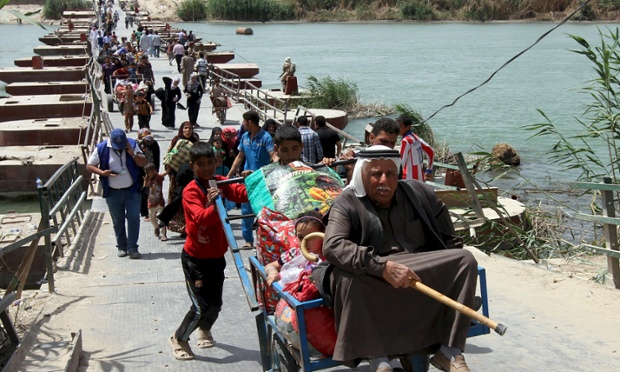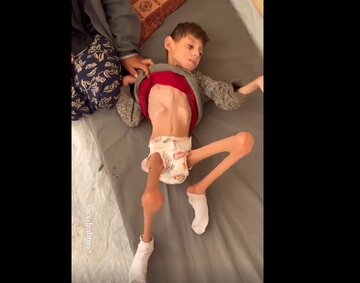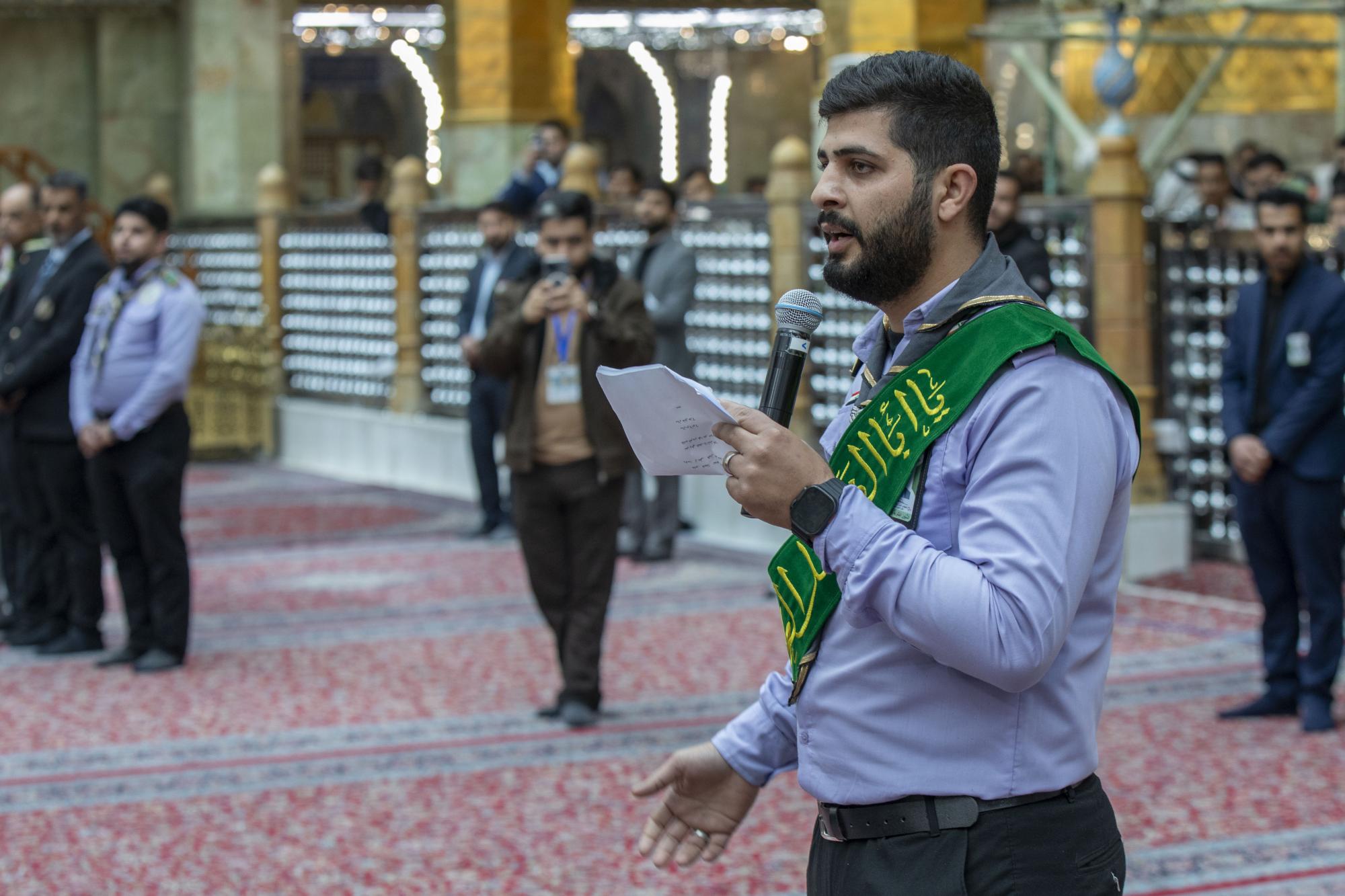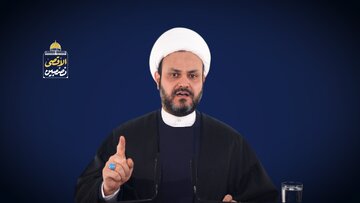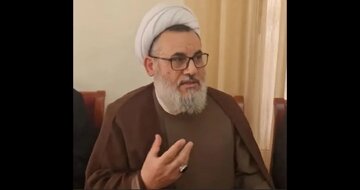(Ahlul Bayt News Agency) - The so-called Islamic State is skimming money from its enemies in both Damascus and Baghdad, making millions out of selling oil to the Assad regime and “taxing” Iraqi government money sent to civil servants in its fiefdom, according to a new BBC documentary.
The film, called World’s Richest Terror Army, to be broadcast on BBC2 on Wednesday, cites officials in Washington, Baghdad and the Kurdistan regional government who said that Isis has adopted a pragmatic, “tax-and-spend” approach to financing, building up a war chest of an estimated $2bn (£1.35bn) in the process.
Crucial to its revenue is income derived from oil produced from large fields in eastern Syria, some of which it then sells on to its arch enemy, the Syrian government, according to an informed source on the ground and a senior US official in Washington.
“Much of the oil goes to the Assad regime,” said Danny Glaser, assistant secretary for terrorist financing at the US treasury. “There’s a business opportunity, there’s a need for both of them. The Assad regime needs the oil, Isis needs the cash and they’re willing to do business even as they’re fighting each other.”
The informed source on the ground confirms the mutual arrangement and says that sometimes a barter system operates in which Isis supplies gas to the government in return for power supplies from a regime-held electricity station. The Syrian government denies they do any energy deals with Isis.
In northern Iraq, Isis has muscled in on the cash that the Iraqi government was until recently sending to its civil servants in Mosul, the city that the Islamist militants overran last summer.
According to Dr Ashti Hawrami, the natural resources minister of the Kurdistan regional government, money s taken by truck to Kirkuk and then transferred to Mosul.
“That’s the way the money is moved because there’s no cheques. It’s cash,” Hawrami said. And Isis creams off its share. “It’s easy money. It’s God’s gift. Cash in their hand”, the minister said.
The governor of Mosul, Atheel al-Nujaifi, confirmed that money had been paid to government workers in Mosul via local money exchanges but said the payments had recently been stopped because Isis was siphoning off some of the money in “taxes”.
The most senior moneyman inside the Isis operation, Abu Hajjar, who was arrested last summer, revealed how the group funded its various operations by funnelling millions of dollars in cash to fighters and their families across Syria and Iraq by car.
“I would deliver $400,000 to the Salahuddin province [capital Tikrit], $700,000 to the group in Anbar [capital Ramadi] and the same to the group in Baghdad,” said Abu Hajjar, from a detention center in Baghdad.
To avoid detection, he said he had stashed the money away behind the panels of his car. “They wouldn’t give me all the money in one go,” said the militant, who was handcuffed and wearing a yellow jumpsuit when he spoke to the BBC. “They would break it up into smaller amounts. All of it was in US dollars.”
Isis impose taxes on almost every sector. They threaten to kill them with grenades
Abu Hajjar, detained Isis official
He described how Isis raises money from extortion – or “taxes” in Isis parlance.
“They impose taxes on almost every sector – businesses, electricity companies, pharmacies, petrol stations, oil companies.” And what happens if they refuse to pay up? “They threaten to kill them with a grenade.”
US officials believe Isis has to be defeated on the financial front as well as ideologically and on the battlefield as General David Petraeus, former CIA director and architect of the US “surge” in Iraq, recognizes. “I don’t think Islamic State is here to stay.
“While its substantial amount of money is sufficient to pay for a terrorist enterprise, it is not sufficient to be a state and this will be one of the achilles heels.”
The So-called Islamic State is growing rich by seizing government wages and ‘taxing’ businesses in the parts of Iraq and Syria it controls, according to a BBC investigation
22 April 2015 - 06:44
News ID: 685587
